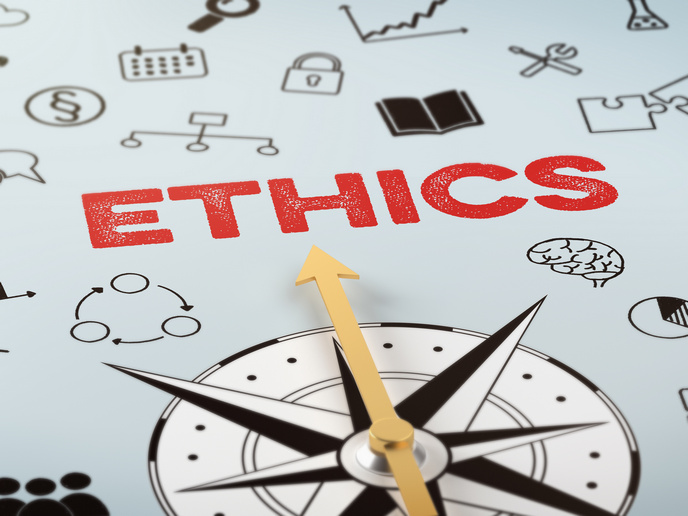Providing the code to ethical communication
The EU-funded DIACOMET project recently launched a searchable online database of codes of ethics. This is a key step in its efforts to promote ethical and accountable communication in a world where the advancement of digital media has also enabled the spread of hate speech and disinformation.
Communication ethics for all
Although there is currently a plethora of ethical codes and similar documents focusing on different aspects of public communication in Europe, they vary widely in scope and background, and are generally not available to the public. With its publicly accessible database, DIACOMET is now making various international and national codes of ethics for all types of public communication available to interested stakeholders. These include journalists, public relations professionals, advertisers, digital platform operators and media users. The idea is that this collection will provide inspiration to those who wish to reflect on their own guidelines for good communication, or create new ones. “For the DIACOMET project, the database also constitutes the starting point for an analysis of the principles of dialogic communication ethics, which is made publicly accessible here in the interests of scientific transparency,” DIACOMET reports. The database currently contains over 400 documents from all the partner countries in DIACOMET, namely Austria, Estonia, Finland, Hungary, Lithuania, the Netherlands, Slovenia and Switzerland, as well as from international organisations. It includes no legal texts, providing only “codes of ethics or comparable guidelines for ‘good’ communication conduct that comply with the principles of media self-regulation and accountability.” To determine which documents would be included in the database, a deliberate selection process was followed in which various types of codes were defined in advance – codes for journalists, advertisers, public relations professionals, corporate communicators, public institutions, small-scale or individual media and media users. Each code had to be represented by at least two to three typical documents in each country. Since the key criterion for inclusion was that the document addressed issues of public communication, codes dealing with interpersonal communication did not qualify. An interactive map allowing the selection of all the documents from a particular country and a search tool enabling users to navigate the contents of the database based on predefined categories are two of the database’s user-friendly features. Other features include the ability to scan documents in their original languages or in automated English translations and a ‘More info’ button next to each document in the list of search results that reveals additional information and a link to the full text.
Sharing the knowledge further
As part of the project’s efforts to advance ethical digital communication in Europe, in November 2024 DIACOMET partner Hungarian Europe Society held an international conference on Communication Distortions and the Possibility of Democratic Dialogue in the 21st Century. In the same month, a representative of Slovenian partner University of Ljubljana gave the keynote lecture at the 2024 World Learning Summit in Croatia. Additionally, two representatives from partner Austrian Academy of Sciences presented a paper at the annual conference of the International and Intercultural Division of the German Communication Association held in Austria. The DIACOMET (Fostering capacity building for civic resilience and participation: Dialogic communication ethics and accountability) project ends in May 2026. For more information, please see: DIACOMET project website
Keywords
DIACOMET, ethics, code, communication, digital communication, public communication, media, code of ethics, public



